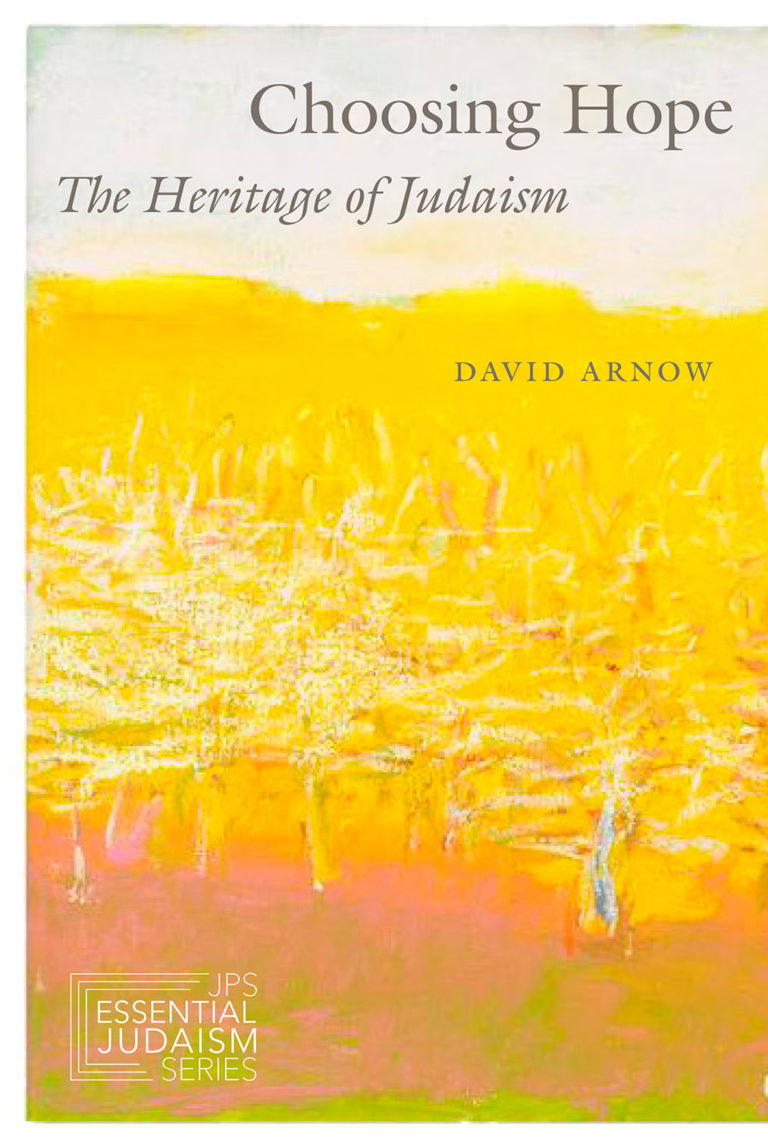Passover 5784/2024: A Night for Dark Questions
By David Arnow
from Seder Interrupted: A Post October 7 Haggadah Supplement
Published by the Academy for Jewish Religion, Passover 5784/2024
Know well that your offspring shall be strangers in a land not theirs, and they shall be enslaved and oppressed for four hundred years… and in the end they shall go forth with great wealth.
—The Passover Haggadah quoting Genesis 15:14
God speaks these words to Abraham and the Haggadah cites them to argue that the story of the Exodus didn’t just happen. It was destined to occur. And the story’s contours will model the ceaseless ebb and flow of Jewish history: “from slavery to freedom, from grief to joy, from mourning to festivity, from darkness to great light, and from subjugation to redemption” as the Haggadah puts it.
Like most Jewish liturgy, the Haggadah emphasizes praising God for our redemption rather than probing the causes of our suffering—in this case centuries of enslavement. This may create the misimpression that rabbinic thought shies away from the matter. Over the ages our sources have offered many reasons for the bondage in Egypt. Here’s a very small sample:
- Rav said: “A parent should never give one child preferential treatment over others. It was because of one ounce of fine wool that Jacob gave to Joseph … when making him the striped coat that his brothers became jealous of him. And that led to our ancestors going down to Egypt” (Babylonian Talmud Shabbat 10b, 5-6th century).
- God said to the sons of Jacob: “You sold Joseph for a slave… By your lives, year after year you will be reciting We were slaves of Pharaoh in Egypt,” avadim hayinu l’Pharaoh (Midrash on Psalms 10:3 10th-13th century).
- In the process of selling grain during the famine, Joseph acquired all the Egyptians’ money, livestock, and land for Pharaoh. “And he removed the population town by town, from one end of Egypt’s border to the other” (Gen. 47:21). Joseph then gave them seed to plant and in return required a fifth of their annual harvest for Pharaoh. “And they said to him, ‘You have saved our lives! …We will be slaves to Pharaoh (v’hayinu avadim l’Pharaoh). “A generation later, the Egyptians would take their revenge on Joseph for having reduced them to slavery, by enslaving his people” (Etz Hayim: Torah and Commentary, Rabbinical Assembly, 2001, p. 288).
If you take God out of the equation, these texts suggest that particular failings of Jacob, Joseph, and his brothers set in motion a chain of events that ended in disaster for their descendants. Without absolving Pharaoh of his genocidal cruelty, they warn us that our own actions may have unintended consequences that contribute to our reversals of fortune. That lesson is never easy to accept. But it points the way to facing the present with a stronger sense of agency and the future with a deeper capacity to choose hope over despair.
Questions for discussion:
- In what ways does this Passover feel different than other Passovers?
- Does the point of view reflected in the texts cited above add to your understanding of the Passover story? If so, how?
- Given legitimate concerns about blaming the victim, what are the strengths and weaknesses of this approach?
- Texts like these ask us to look inward and to assume a measure of responsibility for the situations in which we find ourselves as individuals and as a people. In our post-October 7th world what would that entail?
Get 40% off when ordering Choosing Hope from Jewish Publication Society! Use promo code 6AS22.

